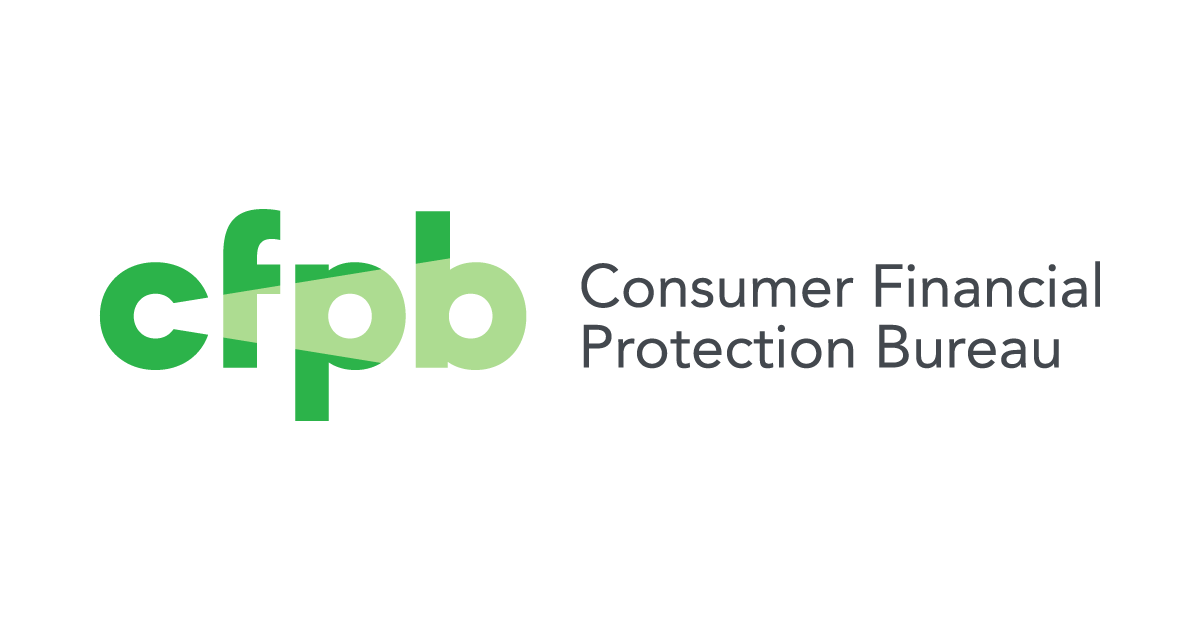Today, the Consumer Financial Protection Bureau (CFPB) issued a final rule to help survivors avoid some of the financial consequences of human trafficking. The CFPB has established, among other things, a method for survivors of trafficking to submit documentation to credit reporting companies that identifies any adverse item of information that resulted from human trafficking. The rule prohibits credit reporting companies from providing a report containing the adverse items of information.
“Too many survivors of human trafficking find their financial lives in tatters with few places to turn to for help,” said CFPB Director Rohit Chopra. “The new rule will help clear credit reporting roadblocks that survivors face as they rebuild their lives.”
Survivors often find that their credit reports reflect financial obligations and negative information that were the result of the financial abuse they endured, while being trafficked. Survivors and support organizations report that traffickers employ financial abuse as both a source of income and a method of control. After destroying their victims’ credit history and racking up charges in their names, traffickers know their victims will be unable to find affordable housing, become employed, or access credit on fair terms for purchases such as buying a car.
In December 2021, President Biden signed the National Defense Authorization Act into law, which included the Debt Bondage Repair Act. The Debt Bondage Repair Act prohibits credit reporting companies from providing credit reports that contain any negative item of information about a survivor of trafficking that resulted from the trafficking. Today’s final rule updates the Fair Credit Reporting Act’s implementing regulation to ensure it meets the Debt Bondage Repair Act’s credit reporting requirements and that survivors’ credit information is reported fairly.
The CFPB’s final rule helps survivors reclaim control of their financial lives. Among other things, the final rule:
- Provides guidance to survivors on the “trafficking documentation” they need to provide to credit reporting companies: The final rule provides numerous ways for individuals to obtain documentation on their status as survivors of trafficking. These include certain determinations made by a wide range of entities, self-attestations signed or certified by certain government entities or their delegates, and documents filed in a court where a central issue is whether the person is a victim of trafficking.
- Provides guidance to survivors on reporting status as having experienced a form of trafficking: Survivors will be able to go to credit reporting companies’ websites to learn the submission procedures for each company. In general, credit reporting companies must make available both a mailing address and website address if they provide an online portal, for submissions of trafficking documentation.
- Requires credit reporting companies to block adverse information in credit reports: Credit reporting companies must block adverse information in credit reports after receiving a survivor’s submission of documentation. Credit reporting companies will have 4 business days to block adverse information once it is reported to them and 25 business days to make a final determination as to the completeness of the documentation. Credit reporting companies can only decline to or rescind a block if the identity of the survivor cannot be confirmed, the survivor cannot provide proof of a victim determination, or the adverse items cannot be identified.
- Applies to all credit reporting companies: All credit reporting companies, regardless of reach or scope, will be covered, including nationwide credit reporting companies, such as Equifax, Experian, and TransUnion, and specialty credit reporting companies focused on areas such as employment screening, tenant screening, check and bank screening, personal property insurance, medical, low-income and subprime, utilities, retail, and gaming.
The final rule is effective July 25, 2022. This meets Congress’s requirement that the CFPB issue implementing regulations within 180 days of the enactment of the 2022 National Defense Authorization Act.
Read the final rule, Prohibition on Inclusion of Adverse Information in Consumer Reporting in Cases of Human Trafficking (Regulation V).
Learn more about Credit Reporting Requirements.
If you or someone you know is a victim of human trafficking, call the National Human Trafficking Hotline at 1-888-373-7888 (TTY: 711) or text 233733.
Consumers can submit credit reporting complaints, or complaints about other financial products or services, by visiting the CFPB’s website or by calling (855) 411-CFPB (2372).
The Consumer Financial Protection Bureau is a 21st century agency that implements and enforces Federal consumer financial law and ensures that markets for consumer financial products are fair, transparent, and competitive. For more information, visit consumerfinance.gov.
Official news published at https://www.consumerfinance.gov/about-us/newsroom/cfpb-helps-survivors-mitigate-the-financial-consequences-of-human-trafficking/
Images courtesy of PixaBay
The post CFPB Helps Survivors Mitigate the Financial Consequences of Human Trafficking first appeared on RSVTV news.
originally published at Finance - RSVTV news

